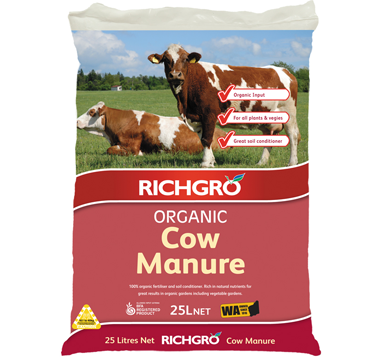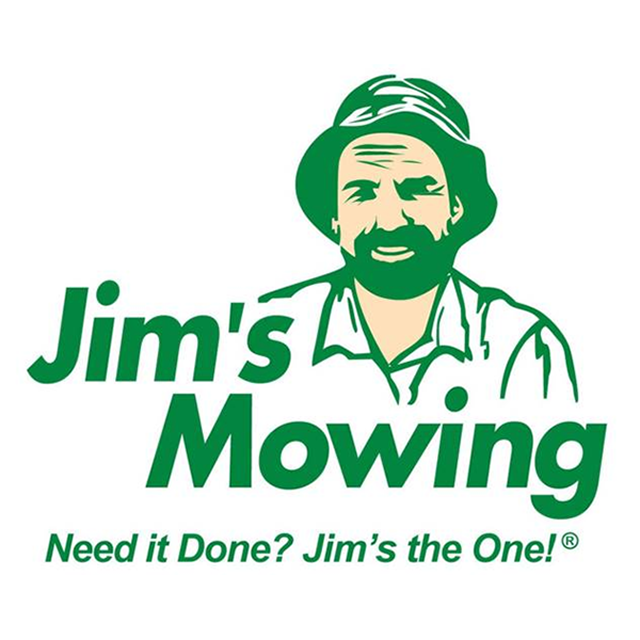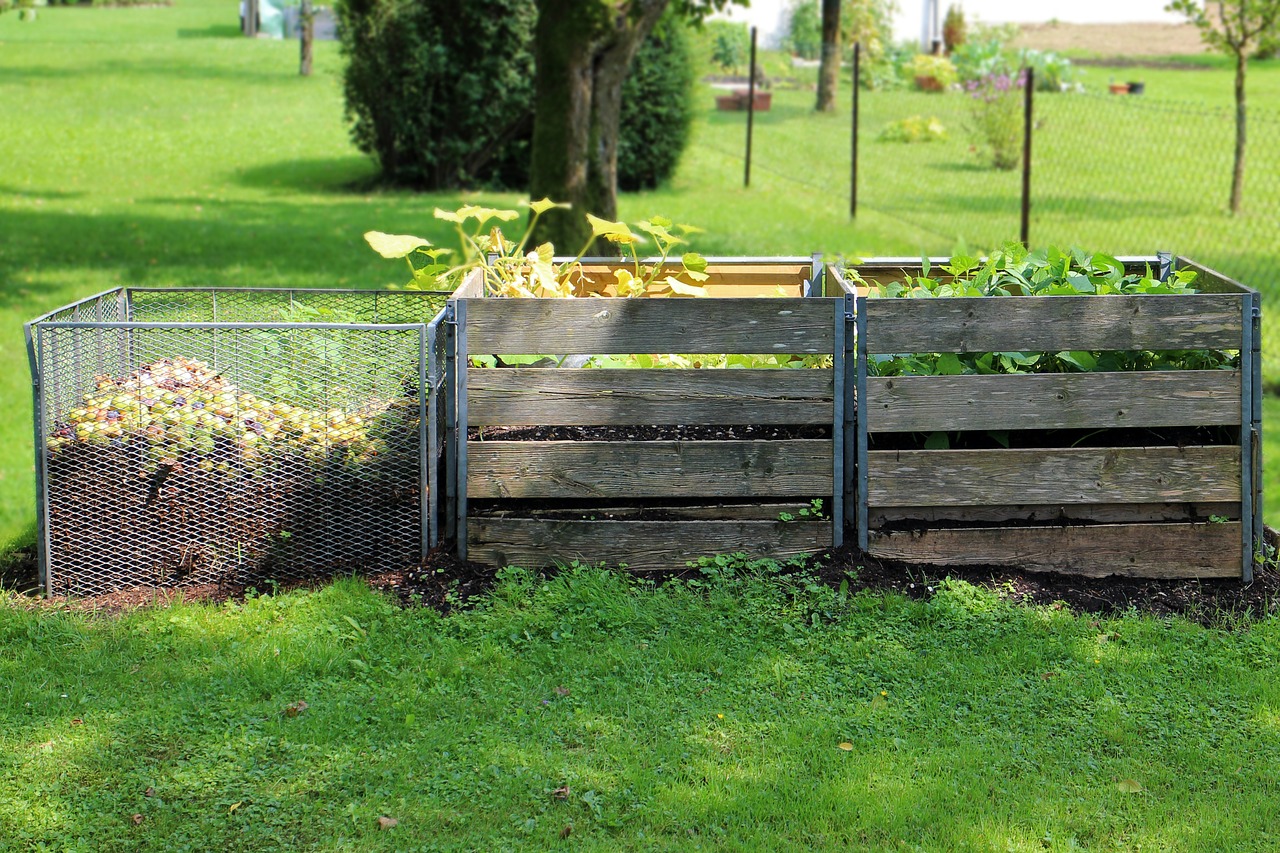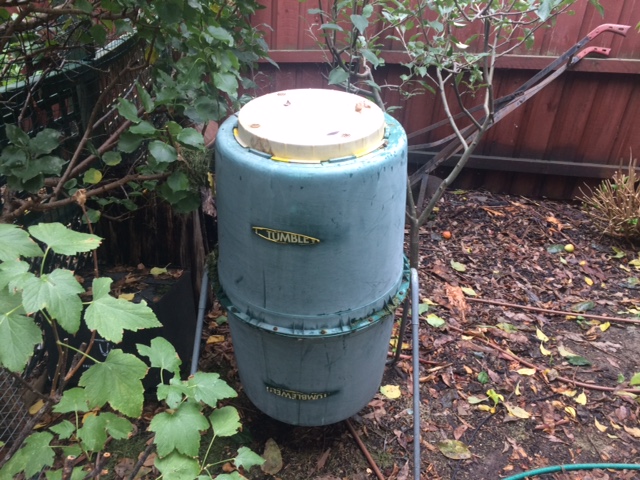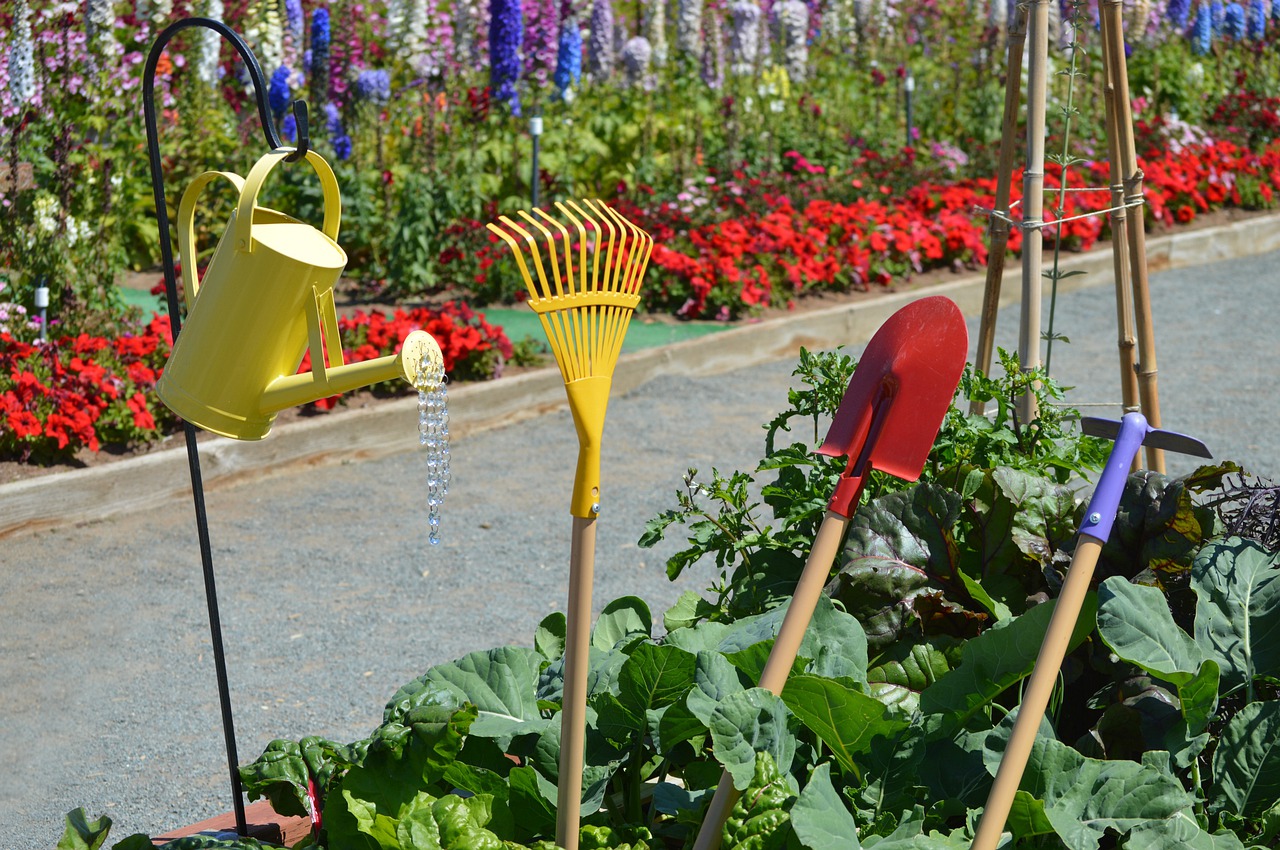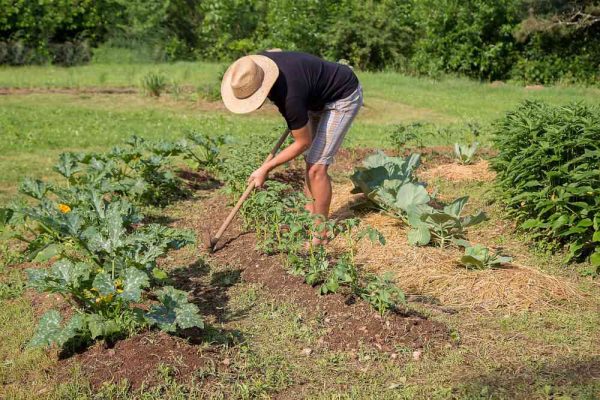Composting
Composting
Composting is the process of using recycled materials from your home to create an organic soil to add to and replenish the existing soil on your property.
What You Can Use When Composting

Kitchen waste

Coffee grounds

Tea bags

Grass clippings

Dead leaves

Straw

Sawdust

Garden waste

Hair

Cut up paper

Leaves



Leaves

Hay & Straw

Paper & Cardboard

Woody Prunings

Eggshells

Tea Bags

Sawdust

Vegetable Peelings

Grass Clippings

Fresh Manure

Green Plant Cuttings

Annual Weeds

Young Hedge Trimmings
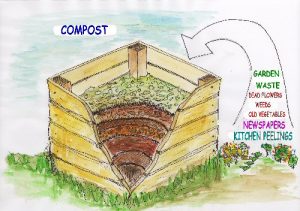
Step 1: Choose Your Compost Bin
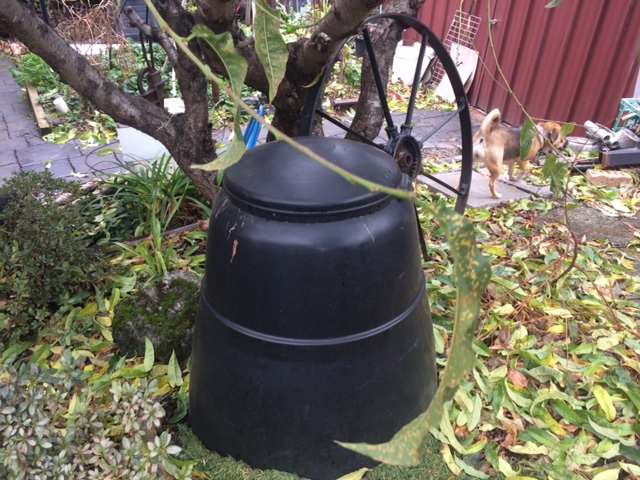
Step 2: Suitable Location
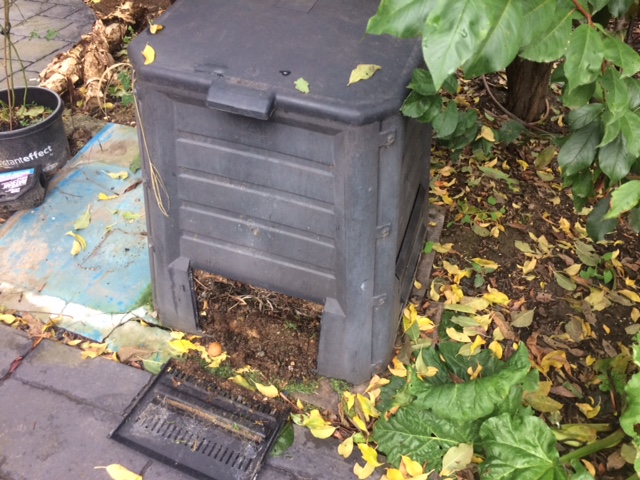
Step 3: Add Good Composting Materials
Step 4: Don’t Add To Your Compost!
There are a number of materials that you should keep out of your composting pile. Adding the below materials to your pile is simply dangerous because of the chance of poisoning or disease. Human and pet faeces, chemically or pressure treated wood or sawdust, and meat and animal fats fall into this category and should never be added to your compost pile.Don’t Add

Meat & Bones

Poultry & Fish

Fatty Food Waste

Whole Eggs

Dairy Products

Human & Pet Faeces

Pernicious Weeds

Treated Wood
Step 5: Making The Best Compost
Making great compost is good fun and is a bit like making a layer cake!
Start with a 4 ( 400 mls ) inch layer of brush, twigs, hay or straw at the bottom of the bin, this is really for drainage. Then add a 4 inch layer of brown material, then a thin layer of finished compost or good garden soil. That’s one layer.
Then add a 4 inch layer of green material topped with a thin layer of compost or soil. Moisten each layer by misting it lightly with a garden hose. Keep adding materials in alternating layers of greens and browns until the bin is full.
I always find it gets the composting process moving quickly if you give the finished heap a good soaking and then leave it for a week or two. In summer you may also need to water every few days to keep things moist.
Once you have a full bin you can turn the pile every 14 days or so. The more you turn the pile the faster you will have finished compost! It also helps to cover the heap; it will retain moisture and keep pests off.
Step 6: Using Your Compost
Congratulations! Your compost is ready to use! It can take anywhere from 14 days to 12 months to produce your finished compost. The time it takes can vary widely depending on the materials and methods used. Check out the section below for tips on how to make high quality compost in record time. The point at which the compost is ready varies based on how the compost will be used. In general though, compost is ready when dark and crumbly and mostly broken down with a pleasant, earthy, soil-like smell to it. For most uses it is acceptable to have some recognizable pieces of leaves or straw remaining.Compost can be used for:

House Plants

Soil amendment and fertilizer

Flower and Vegetable Beds

New planting areas

Established planting areas

Lawn top dressing

Compost Tea

Around trees
